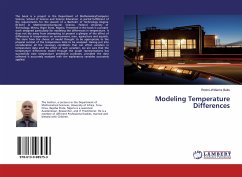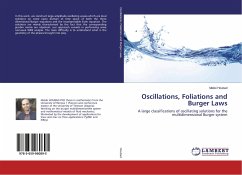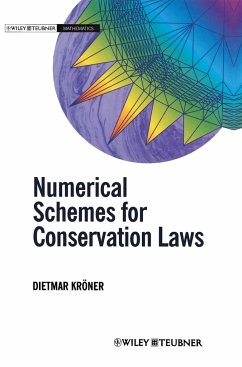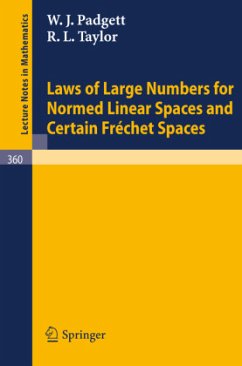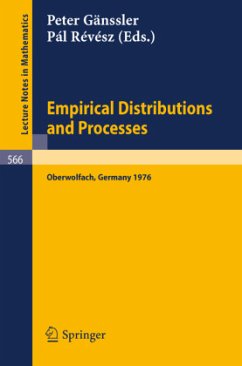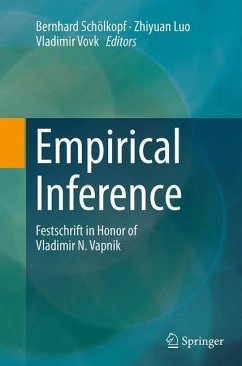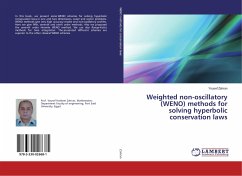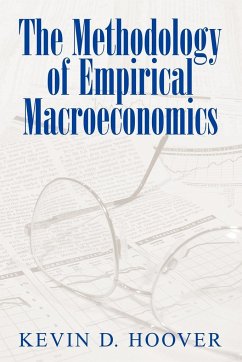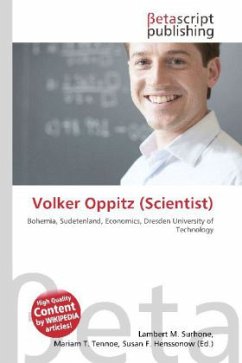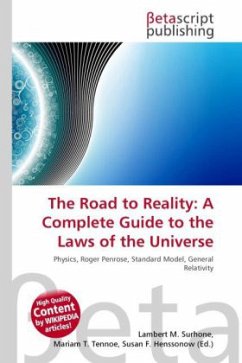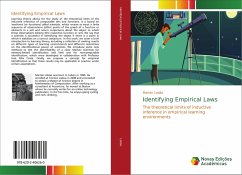
Identifying Empirical Laws
The theoretical limits of inductive inference in empirical learning environments
Versandkostenfrei!
Versandfertig in 6-10 Tagen
20,99 €
inkl. MwSt.

PAYBACK Punkte
10 °P sammeln!
Learning theory allows for the study of the theoretical limits of the inductive inference of computable sets and functions. It is based on 'machines' (or functions) called scientists, which receive as input a finite sequence of observations (either points of the graph of a function or elements in a set) and return conjectures about the object to which those observations belong (the respective function or set). We say that a scientist is successful in identifying the object if there is a point in which it stabilizes on a correct conjecture. In this work, we cover a brief introduction to learnin...
Learning theory allows for the study of the theoretical limits of the inductive inference of computable sets and functions. It is based on 'machines' (or functions) called scientists, which receive as input a finite sequence of observations (either points of the graph of a function or elements in a set) and return conjectures about the object to which those observations belong (the respective function or set). We say that a scientist is successful in identifying the object if there is a point in which it stabilizes on a correct conjecture. In this work, we cover a brief introduction to learning theory, including a collection of existing results on different types of learning environments and different restrictions on the identificational power of scientists. We introduce some new methods to test the identifiability of a class: Markov scientists for memory-limited identification and limit sets for noncomputable identification, which were developed in collaboration with Professor José Félix Costa. Finally, we propose a concept for empirical identification so that these results may be applicable in practice under certain assumptions.



